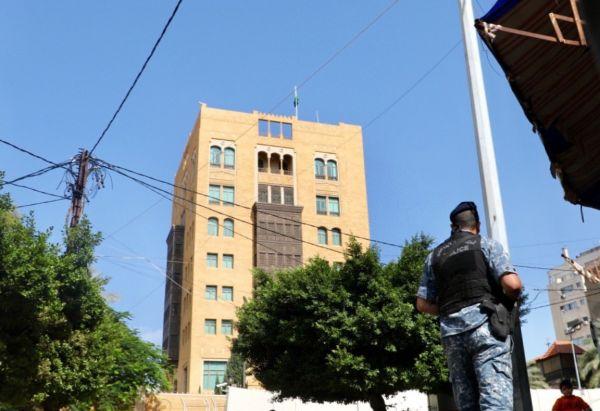AFP Dubai reported on October 30 that after a Lebanese minister criticized Saudi Arabia's intervention in the war in Yemen, the UAE recalled diplomats in Beirut on October 30, becoming the fourth Arab Gulf monarchy to retaliate against Lebanon.
The crisis erupted at a time when the government of Lebanese Prime Minister Najib Mikati was counting on possible financial assistance from the wealthy Gulf monarchy to revive the country's crumbling economy.
In a Television show on October 25, George Kurdashi, who was not yet the information minister at the time, called the Riyadh-led military coalition's intervention in the War in Yemen "ridiculous." Yemen's "rebels", he said, were "defending against foreign aggression."
Mikati reportedly drew a line with Kurdashi's remarks, implicitly calling for his resignation. Kurdashy stressed that his remarks reflected "personal opinions" before being appointed information minister. But he refused to apologize for it.
Following Saudi Arabia, Bahrain and Kuwait, the UAE announced the withdrawal of diplomats from Lebanon in "solidarity" with Saudi Arabia. The UAE also prohibits its own citizens from traveling to Lebanon.
On the same day, Kuwait announced the recall of its ambassador to Lebanon and demanded that the Chargé d'affaires a.i. of Lebanon leave the country within 48 hours.
Qatar condemned Kurdashi's "irresponsible" remarks, but did not retaliate, calling only on the Lebanese government to take action to "overcome differences between fraternal countries." Oman calls on all parties to work to "avoid escalation and resolve disputes through dialogue".
In Beirut, a crisis team formed by Mikati met in the presence of Richard Michaels, the number two person at the U.S. Embassy in Lebanon. After the meeting, Lebanese Education Minister Abbas Halabhi expressed "great hope" for resolving the crisis with the Gulf monarchy.

This is the Saudi Embassy in Lebanon photographed in Beirut on Oct. 30. Xinhua News Agency
Source: Reference News Network